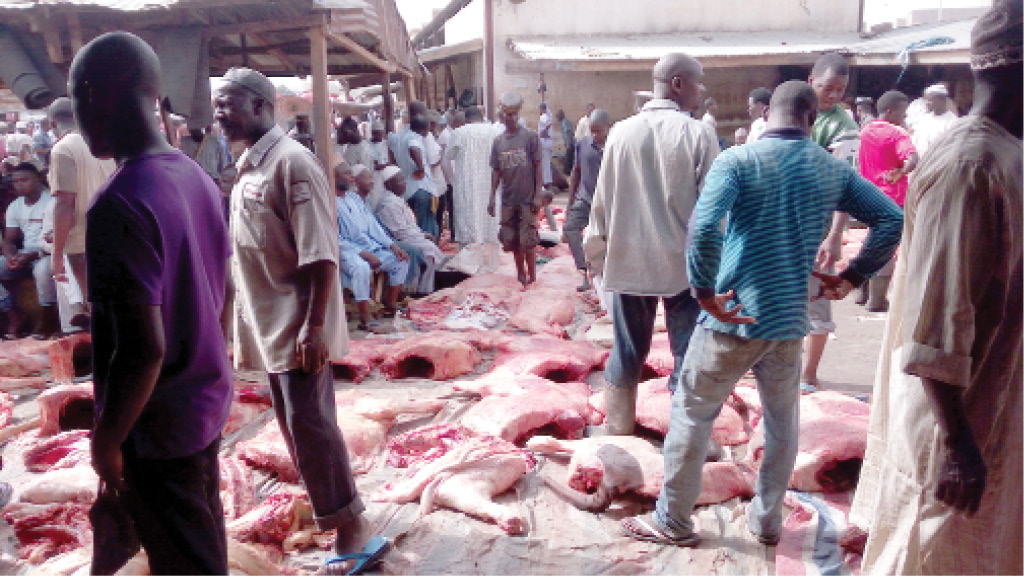How Nigeria can become self-sufficient in meat production
The Centre for Genomics Research and Innovation (CGRI) has said that the use of genomics methods would make the country self-sufficient in meat and dairy production. Prof Nash Oyekanmi, the director, CGRI, made this known in Ibadan during the second edition of the strategic research interest group meeting on livestock genetic improvement. Oyekanmi said that […]

The Centre for Genomics Research and Innovation (CGRI) has said that the use of genomics methods would make the country self-sufficient in meat and dairy production.
Prof Nash Oyekanmi, the director, CGRI, made this known in Ibadan during the second edition of the strategic research interest group meeting on livestock genetic improvement.
Oyekanmi said that the use of genomics in livestock to improve cattle breeding and multiplication had enhanced livestock production in many countries, especially Brazil.
He said Brazil, which was once a country importing cattle from India, was now an exporter of cattle to India as a result of application of genomics in Brazil, saying Nigeria could take a cue from such.
The CGRI director said the purpose of the seminar, which brought together scientists from different countries of the world, was on how to use genomics to improve cattle breeding in Nigeria.
The News Agency of Nigeria reports that genomics is an area within genetics that concerns the sequencing and analysis of an organism’s genome, and genome is the entire DNA content that is present within one cell of an organism.
Experts in genomics strive to determine complete DNA sequences and perform genetic mapping to help understand disease.
The seminar was organised by the CGRI, in partnership with its local and international research partners.
According to Oyekanmi, the meeting will be an avenue to share experiences about livestock varieties for better meat, better production and for resistance to diseases.
“The CGRI began a research eight years ago about Nigerian varieties of cattle, looking at the genomics of cattle, goats and chicken varieties, and discovered a special variety of cattle known as muturu in Ipokia area of Ogun State.
“The muturu cattle in the whole world are the variety that have the most resistance to diseases. It can survive any condition, and researchers all over the world have been coming to know more about this special cattle.
“Though the muturu specie is going into extinction, we are, however, trying to conserve the ones available and breed them for multiplication.
“We are also using information on muturu to breed other varieties of cattle that are more in numbers, though not resistant to diseases as at now.
“Since we have identified what is good in some of the nation’s livestock, we want to go into selective breeding, based on what is good in each of these livestock; so we convened the seminar to tell people about where we are,’’ he said.
The CGRI director further disclosed that Nigeria’s dairy cattle were now producing one litre to 1.5 litres of milk per day.
He added that it was working to put cattle in ranches and give them the best nutrition to see whether it would improve their productivity.
“We have to remove ourselves from the traditional method that we are used to and use science-based methods.
“Moving cattle about makes its productivity low, but ranching, with improved nutrition, will increase its production,’’ he said. (NAN)
